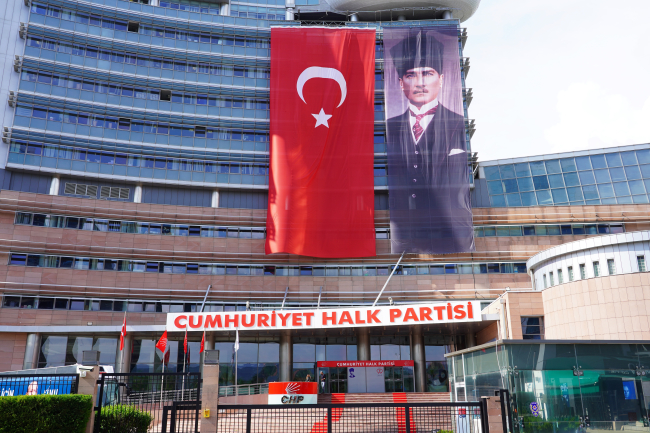Temporary Workers or Permanent Migrants? The Kafala System and Contestations over Residency in the Arab Gulf States

The Arab Gulf is the third largest receiving region for global migrants (after North America and the European Union). The six states of the Gulf Corporation Council (GCC) are the richest Arab economies, boast some of the highest GDP per capita rankings in the world, and they all depend upon guest workers in virtually every economic sector. Guest workers have played an integral role in the Gulf since the 1970s, supplying the skills and manpower needed to implement ambitious development plans.
Officially, the non-citizens residing in the Gulf are not migrants but temporary contractual laborers with little to no recourse for permanent settlement or citizenship. They enter the country as guest workers under fixed-term employment contracts and are obliged to leave upon the termination of their work. Their stay is regulated through the Kalafa or sponsorship system, which makes an individual national citizen or company sponsor (known as the Kafeel) legally and economically responsible for the foreign worker for the duration of the contract period. However, following the trend of most other guest worker schemes, the Kafala has produced a structural dependence on foreign labor that is not subsiding despite growing public discontent and rising unemployment rates among Gulf citizens.
In this article, Noora Lori examines the formal and informal institutions that support the inward flows of large numbers of foreign laborers while excluding non-citizens from full integration into Gulf societies.
This paper is part of the "Migration policies and international relations" publication series :
The impact of international migrations on the relations between states has been the focus of an extensive body of research and literature over the past two decades (e.g. on border control, labor market issues, transnational ties, etc.). Less an object of attention is the impact on international relations of states' responses to such issues - readmission agreements, visa policies, expulsions, etc. This program proposes to produce a series of on-line publications and public seminars on this issue.

Available in:
Regions and themes
ISBN / ISSN
Share
Download the full analysis
This page contains only a summary of our work. If you would like to have access to all the information from our research on the subject, you can download the full version in PDF format.
Temporary Workers or Permanent Migrants? The Kafala System and Contestations over Residency in the Arab Gulf States
Related centers and programs
Discover our other research centers and programsFind out more
Discover all our analyses
RAMSES 2025. Between Powers and Powerlessness
Never before have there been so many powers able to upset the international balance of power, and never before have the dominant powers seemed so powerless to counter the fragmentation of the world.
Out of Thin Air but More than a Mirage: The Politics of Saudi Arabia's Nascent Music Industry
This study critically examines Saudi Arabia’s nascent music industry, which is promoted as a key element of Vision 2030, Crown Prince Mohammed bin Salman’s strategic framework to diversify the kingdom’s economy. It explores how state-led investments in music and entertainment intersect with authoritarian governance. The author neither dismisses these investments as conspicuous spending nor reproduces an alarmist narrative of impending cultural imperialism. The article takes a political sociology approach to understand how Saudi entertainment plans consolidate domestic power and reshape regional cultural landscapes.
Hostage diplomacy of the Islamic Republic of Iran. The case of Europeans detained in Iran
The so-called hostage diplomacy of the Islamic Republic of Iran refers to a political and diplomatic strategy in which Tehran uses the detention of Western nationals, dual citizens, or Iranian citizens residing in Europe, Australia, or the United States as leverage in diplomatic negotiations. This practice aims to exert pressure to secure political, economic, or diplomatic concessions as part of Tehran’s asymmetric response strategy. Hostage diplomacy remains a controversial yet effective tool from the perspective of the Islamic Republic of Iran, given its context of economic sanctions and diplomatic isolation.
Is the Republican People’s Party (CHP) Rising from the Ashes?
The victory of the CHP [Cumhuriyet Halk Partisi, Republican People’s Party] in the Turkish municipal elections of March 2024 firmly established it as the leading party of opposition to the Islamic-conservative AKP [Adalet ve Kalkınma Partisi, Justice and Development Party], which has been in power since 2002.











